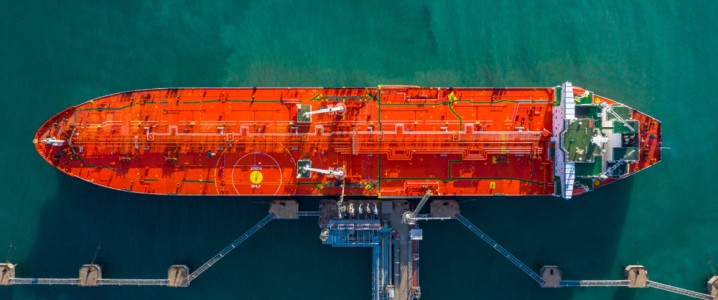Tankers carrying nearly 9 million barrels of oil from Iraq and Saudi Arabia have been forced to delay their deliveries due to Red Sea security threats. The attacks by Iranian-backed Houthis from Yemen on commercial vessels passing through the Red Sea have made some shipowners reluctant to sail via the region. The Red Sea carries an estimated 9 million barrels a day of oil shipments, representing about 10% of global demand, while the route covers almost one-third of global container traffic and around 12% of global goods trade. The diversions and delays highlight the chaos in the shipping industry that’s spilling over into the wider economy and raising the risk of inflation as flows of food and other goods get disrupted.
The diverted vessels are heading toward Africa, which is a longer voyage from the Middle East to refiners and consumers in Europe. The detour can add more than two weeks’ sailing time when compared with the trip from the Persian Gulf through the Red Sea and Suez Canal. The Middle East, which produces about a third of the world’s crude, ships most of it to Asia and those supplies aren’t affected. Crude prices in London are below $80 a barrel.
The situation is still developing, and it remains to be seen how long the threat will persist. However, the current situation has already had a significant impact on the oil industry and the global economy.




Comments
Post a Comment